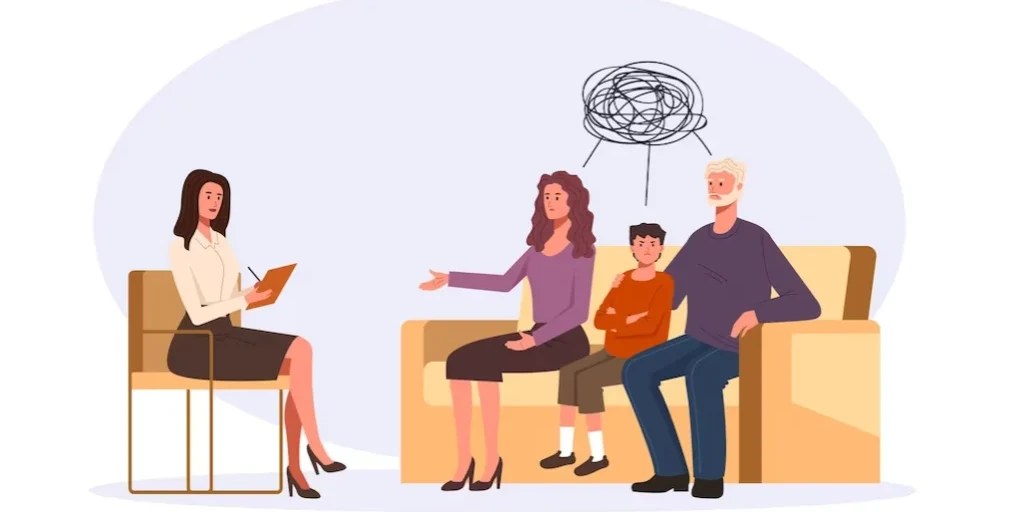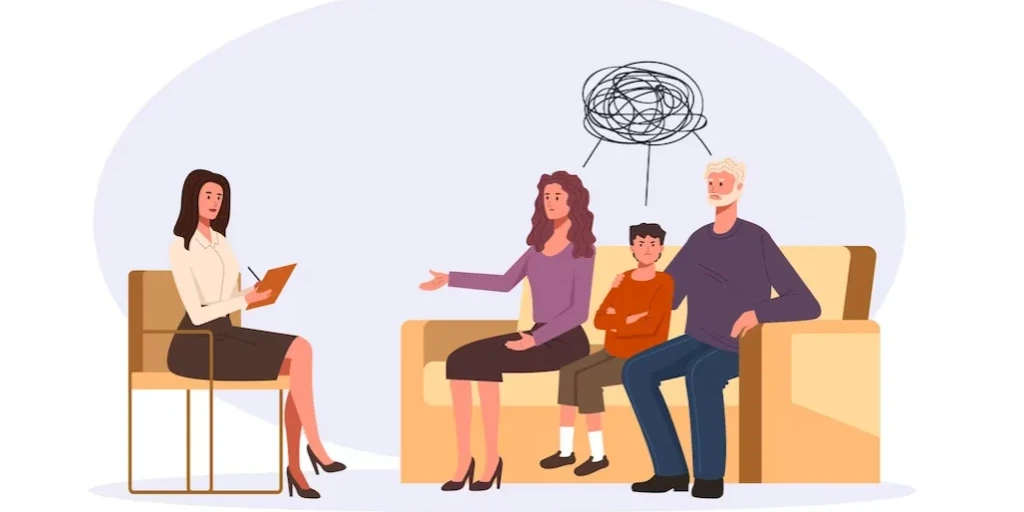24/7 Helpline:
(866) 899-221924/7 Helpline:
(866) 899-2219
Learn more about 60-day Rehab Program centers in Castro County

Other Insurance Options

Kaiser Permanente

Optum

Evernorth

Lucent

American Behavioral

Health Net

BlueShield

Magellan

Cigna

MHNNet Behavioral Health

BlueCross

Holman Group

Health Partners

Covered California

Multiplan

WellCare Health Plans

AllWell

EmblemHealth

Ambetter

Access to Recovery (ATR) Voucher















Dimmitt – Outpatient
Dimmitt – Outpatient is a private rehab located in Dimmitt, Texas. Dimmitt – Outpatient specializes ...











